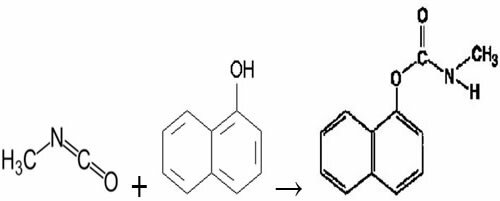Phosphorus is a chemical element with the symbol P, atomic number 15, atomic mass 30.97. It belongs to group 15 or 5A and third period of the periodic table.
Its name derives from Latin phosphorus which means bright light, carrier or light source.

Features
Phosphorus was discovered by Henning Brand in 1669 in Germany. It is characterized by being a metal and belongs to the same group as nitrogen in periodic table.
It is not found isolated in nature because it is very reactive, being present in the mineral apatite. In its pure form it consists of a semi-transparent substance, with a soft consistency, similar to a wax and which glows in the dark.
It is an element that undergoes spontaneous oxidation in contact with atmospheric air.
Phosphorus has ten allotropic varieties, the most important being white, red and black phosphorus.
applications
A known use is matchsticks, but it is worth remembering that the match is found on the outside of the box, on the surface where the match is scratched. Meanwhile, the red tip of the toothpick has sulfur in it.
Other uses of phosphorus are:
- Participates in the composition of metal alloys.
- Fertilizer production.
- Phosphoric acid is one of the ingredients in cola-based soft drinks.
- Participates in the composition of pyrotechnic products.
- Cleaning agent that prevents corrosion of pipes.
Phosphorus also participates in the formation of cell membranes, DNA and RNA molecules and muscle contraction. It is also found in bones and teeth.
Therefore, it is an important mineral for health, and it is necessary to incorporate it into our diet. Some foods rich in phosphorus are: milk and its derivatives, eggs, cereals and fish.
Learn more, read also:
- mineral salts
- Foods of mineral origin
Phosphorus Cycle
O phosphorus cycle it is one of the simplest in nature. It is the only macronutrient that does not exist in the atmosphere, being found only in its solid form in rocks. However, it is important because it contributes to the survival and growth of living beings.



